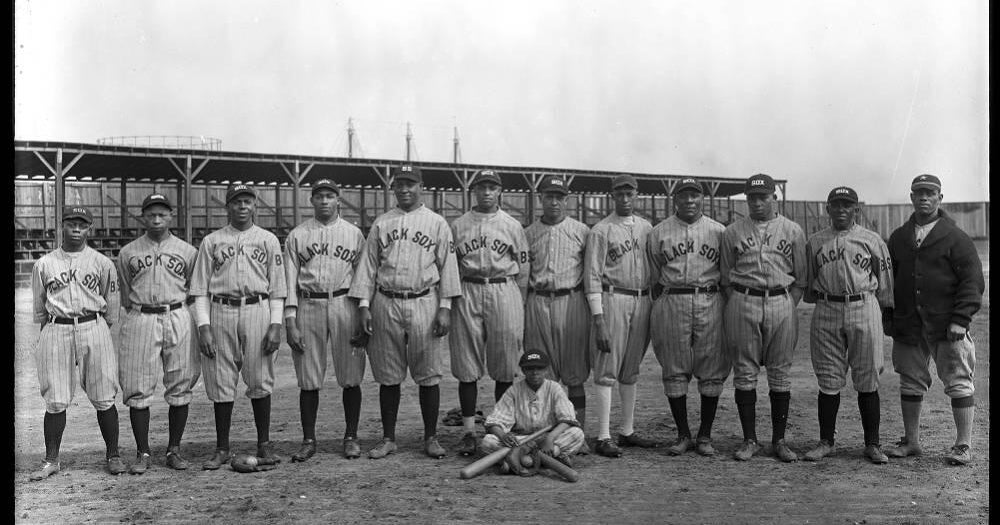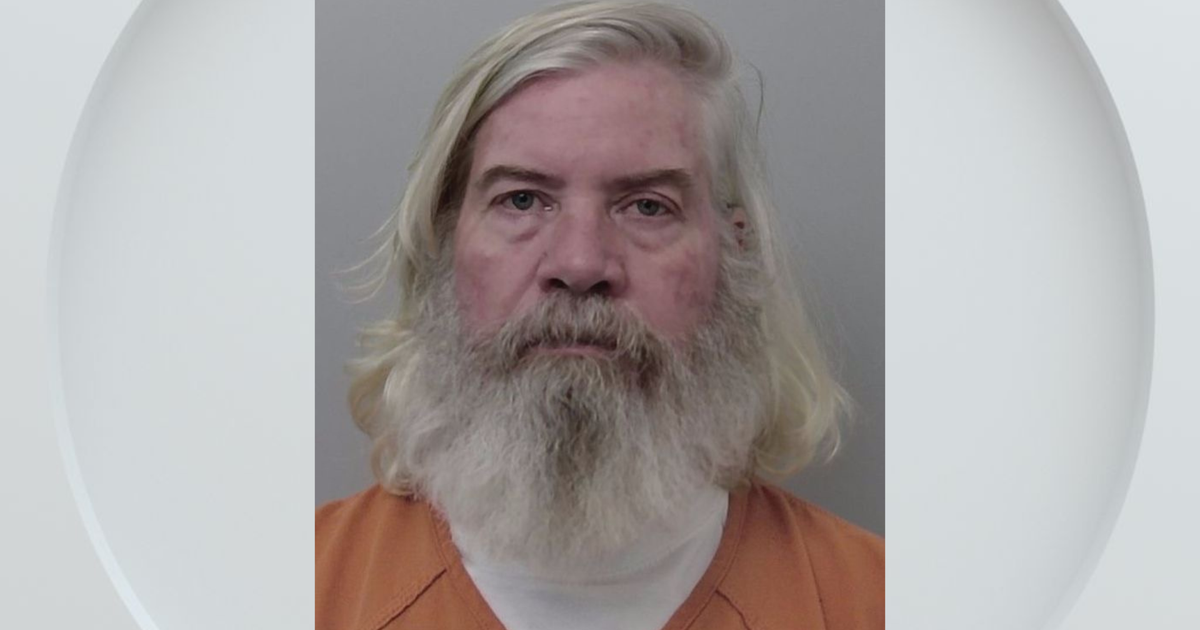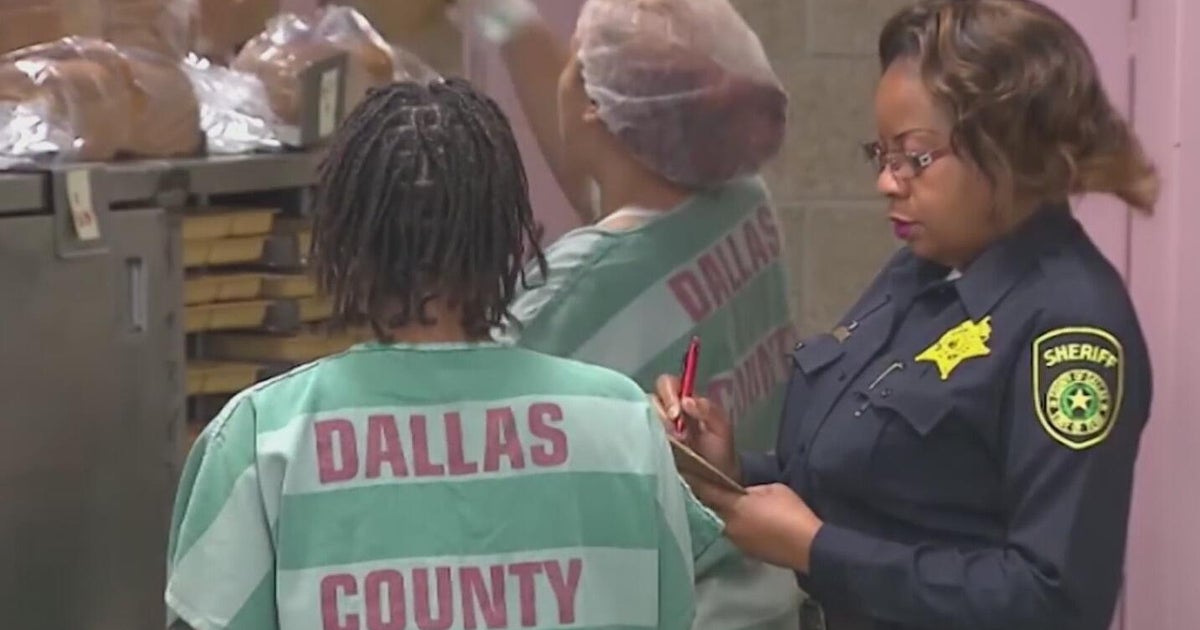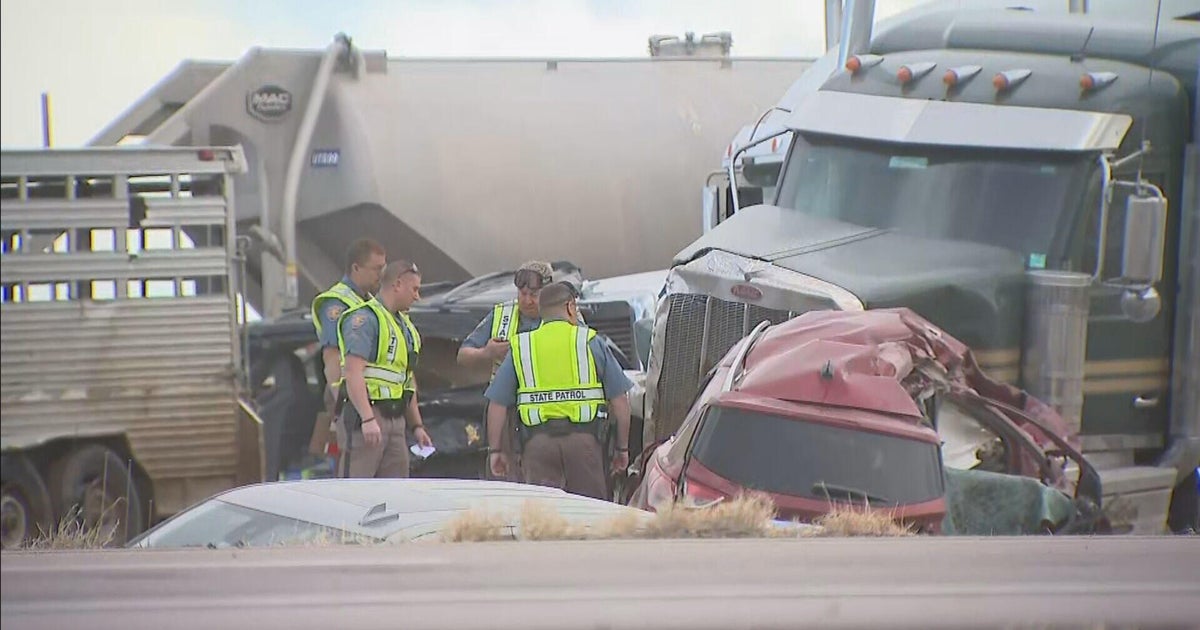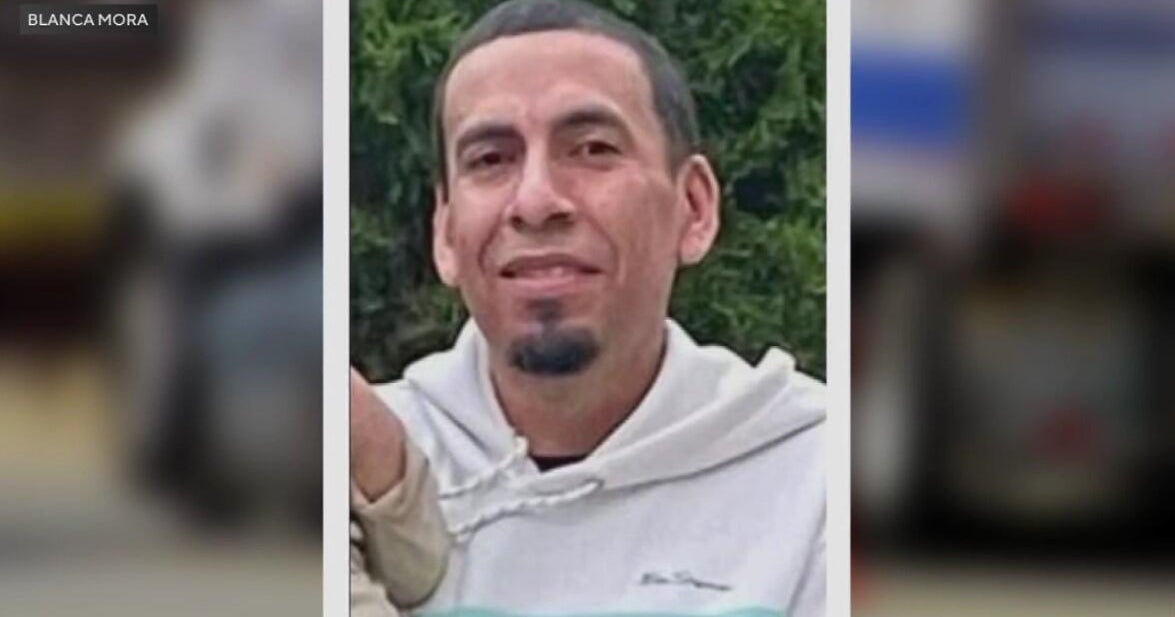NCAA Doesn't Dole Out 'Death Penalty' To Penn State
DALLAS (CBSDFW.COM) – Penn State's punishment from the NCAA did not include the "Death Penalty" of losing any seasons of football.
To date, Southern Methodist University remains the only school in history to be hit with the ultimate punishment. SMU's pay-for-play scandal broke in the mid-'80s.
Then, boosters gave money to players in a big-time football scheme that even reached into the governor's office. The NCAA killed the 1987 season and home games for 1988. SMU officials decided the program was so damaged that it should cancel the 1988 season as well, so it did.
"And I would never want for that to happen to another college program," says Elizabeth White, who remembers the SMU community suffering through the Death Penalty years. "It was terrible, all the folks that went to SMU –– the alumni –– were punished. So the whole community was punished and I would not want that again."
TV producer John Sparks led the investigative team that broke SMU's pay-for-play scandal.
"I think it (NCAA sanctions) will have a similar effect on Penn State as these sanctions that were levied against SMU," he says.
But Sparks feels Penn State's infractions are much worse. They're criminal.
"SMU was cited for infractions of NCAA recruiting rules. These were rules. Not laws," he said. "It was more important to preserve the sanctity and the reputation of Penn State and Joe Paterno … even at the cost of abuse to minors. Sexual abuse, that's wrong. "
A sampling of opinions just off campus mostly felt that Penn State's infractions were more egregious than SMU's.
"It wasn't nearly as bad," said recent graduate Narayah Penate. "I think they should get at least as bad of not greater punishment, just for proportionality's sake, really."
Sean Tomlinson agreed.
"Being paid to play football is not nearly as morally wrong as what the coaching staff did at Penn State. And I think they got off easier than they should have, actually," he said.
Reaction on our Facebook page was split.
"Their entire football program should come to an end immediately," read one from Barbara Ogden.
Another, from Harold Fowler: "not enough!! worst (sic) conduct by an university sports program ever and no death penalty, you have got to be kidding."
And Tracy Barefoot, who didn't know many details of SMU's infractions, agreed as well saying, "but I do know it didn't destroy young lives like what happened at Penn State. So absolutely the penalty wasn't nearly harsh enough."
Former SMU running back and one-time U.S. Senate candidate Craig James told CBS 11 News warned against a "winning at all costs" mentality.
"When evil is done it must be stopped, called out, and not condoned," he said.
University administrators have taken several steps to maintain institutional control of the program developed in the wake of the scandal.
The football team previously played in the same stadium where the Dallas Cowboys performed, but not anymore. The school has since built a new, much smaller stadium and put it on campus. It took years to create a winning season, and the university earned its first season bowl bid since then back in 2009.
Sparks has an opinion about why the Death Penalty has not been used since SMU.
"There was conventional wisdom that it so decimated SMU that the NCAA will never do this again," he said. "What that created was an atmosphere of business as usual."


